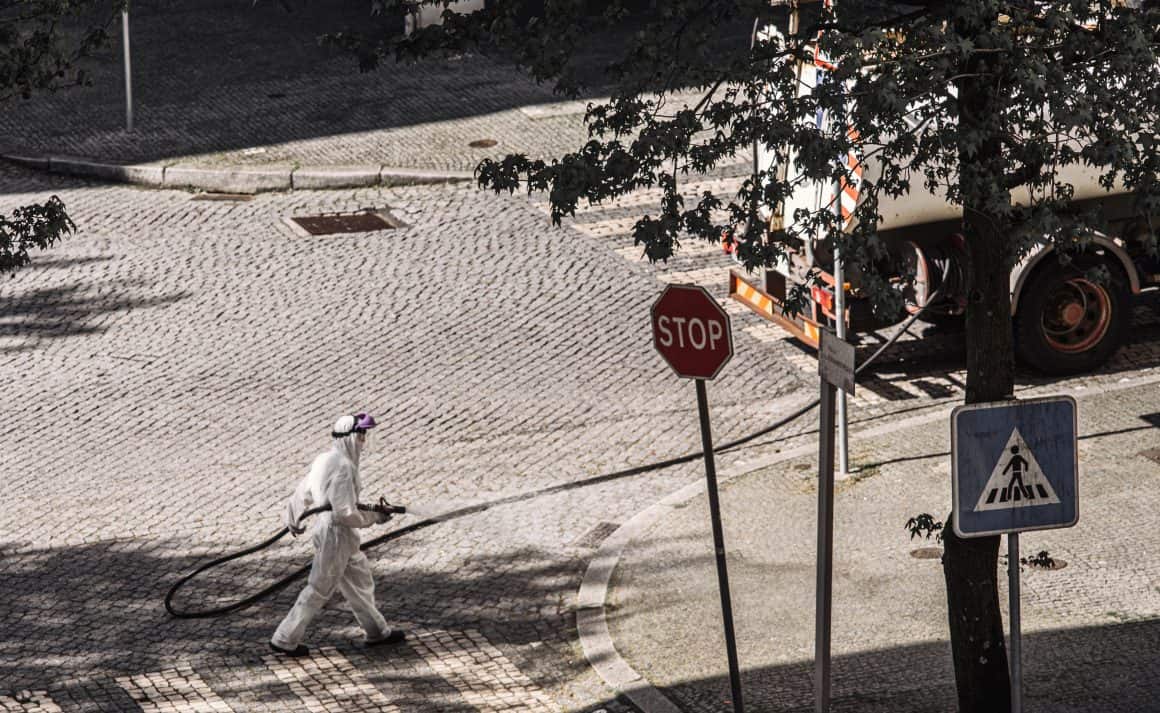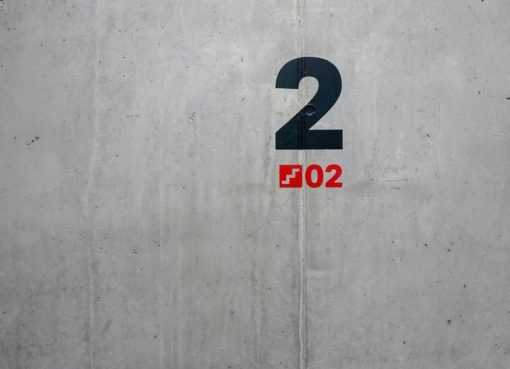This is one of those dramatic turning points in history. Covid-19 has already changed our daily lives, and its impact on society will be long-lasting. While we won’t fully grasp the magnitude of loss for some time, one thing is clear: traditional systems have failed us.
It’s time for a new paradigm, one that draws on technologies like artificial intelligence, the internet of things (IoT), augmented/virtual reality, and above all, blockchain. These are more relevant than ever — not just to business and the economy but to the future of public health and the safety of global populations.
In our book, Blockchain Revolution, we refer to the emergence of blockchain technology as the second era of the internet. The first era was defined by information, the internet of information — a peer-to-peer mechanism for communicating information and collaborating online. While it has enabled companies to interact directly with consumers, take orders online, and deliver digital goods, services, and experiences, it has not fundamentally changed how we do business. Companies and markets are still vertically or horizontally integrated hierarchies, relatively opaque and insular, and relatively slow to change. We can say the same of public institutions.
With the internet of information, we have to rely on powerful intermediaries to exchange things of value. Governments, banks, digital platforms such as Amazon, eBay, and AirBnB, and universities do the work of establishing our identity, vouching for our trustworthiness, and helping us to acquire and transfer assets and settle the transactions.

Overall, they do a pretty good job, but there are limitations. They use centralized servers, which can be hacked. They take a piece of the value for performing this service — say, 10% — to send money internationally. They capture our data, not just preventing us from using it for our own benefit but often undermining our privacy. These intermediaries are sometimes unreliable and often slow. They exclude two billion people who don’t have enough money to justify a bank account, let alone an education. Most problematic, they are capturing the benefits of the digital age asymmetrically.
What if there was an internet of value — a global, distributed, highly secure platform, ledger, or database where we could store and exchange things of value and trust each other without powerful intermediaries? That is the blockchain. Collective self-interest, hard-coded into this new native digital medium for value, would ensure the safety, security and reliability of our exchanges online. Trust is programmed into the technology, which is why we call blockchain the ”trust protocol.”
Given the urgent need for global solutions, we came up with five ways that these technologies could help us manage this pandemic and, equally important, prepare for the next crisis.
1. Digital identity, health records, and shared data
Data is the most important asset in fighting pandemics. If any useful data exists now, it sits in institutional silos. We need better access to the data of entire populations and a speedy consent-based data sharing system, like the University Health Network’s Patient Consent and Control pilot in Toronto. The trade-off between privacy and public safety need not be so stark. Through digital identities that enable us to share only the data needed, we can achieve both.
2. Just-in-time supply chain solutions
Supply chains are critical infrastructure for our globally connected economy, and Covid-19 has put them under tremendous strain, exposing potential weaknesses in their design. We must rewire supply chains for transparency and immediacy, where users can access information quickly and trust its accuracy. Start-ups like RemediChain in pharmaceuticals and VeriTX with additive manufacturers are doing just that. Blockchain serves as a “state machine” that gives us visibility into the trustworthiness of our suppliers and the status of the assets themselves.
3. Sustaining the economy: How blockchain can help
If supply chains are the machinery of global commerce, then money is its lubricant. Yet, credit is tight, and merchants are discouraging the use of cash as a carrier of Covid-19. Last year, Mark Carney, governor of the Bank of England, suggested replacing the U.S. dollar as the world’s reserve currency with a synthetic global currency backed by a basket of government-issued digital currencies. Why not central bank digital currencies as an alternative?
4. A rapid response registry for medical professionals
Front-line medical professionals are the heroes and our last line of defense. Yet hospitals can’t onboard people fast enough. This is not for lack of talent; it’s the inability to find people with proper credentials. Blockchain platforms such as Dock.io, ProCredEx, and Zinc.work help to coordinate among different geographies, references, and certifying bodies so that supply and demand for healthcare workers — as well as the process for verifying their skills — becomes more efficient and transparent.
5. Incentive models to reward responsible behavior
People respond to incentives. Blockchain serves as a mechanism to synch up the incentives of stakeholder groups around issues and activities, changing patterns of behavior in the process. For example, Interac collaborated with Alectra to create a blockchain-powered app that offered real-time monetary incentives to consumers for making energy-efficient consumption choices, and with the Heart and Stroke Foundation of Canada to deploy a similar incentive model for promoting healthy lifestyles. These pilots show how a vital infrastructure player can leverage blockchain to transform even in tightly regulated sectors like healthcare.

An action plan for the new paradigm
Many of these changes are beyond the timeframe of this strain of coronavirus. But we can implement several rather quickly.
Governments must wake up to the blockchain opportunity. Every national government should create an emergency task force on medical data to start planning and implementing blockchain initiatives. They can stimulate the development of technology firms working on the solutions described here. They should partner with medical professional associations and other players to implement blockchain credential systems.
The private sector affected by Covid-19 must still lead the way. They must start today by incorporating blockchain into their infrastructures. Companies need to continue their work on pilots framed around medical records, credentialing systems, incentive structures, and other sovereign identity solutions. When designing these pilots, companies could consider embedding incentive systems for socially responsible behavior.
Emergencies turbocharge the pace of historical progress. Businesses like Zoom, once used mostly by technology companies, have become ubiquitous tools of daily life. Meanwhile, 20th-century titans are asking for bailouts.
We anticipate a real crisis of leadership as the new digital-first and digital-only models conflict with the old industrial tried-and-true. Maybe this awful crisis will call forth a new generation of leaders who can help us finally get the digital age on track? Who among us will step up?
To learn more about how blockchain will help us survive and thrive in a post-pandemic world, you can read our report on the matter and watch our pandemic webinar series here.




